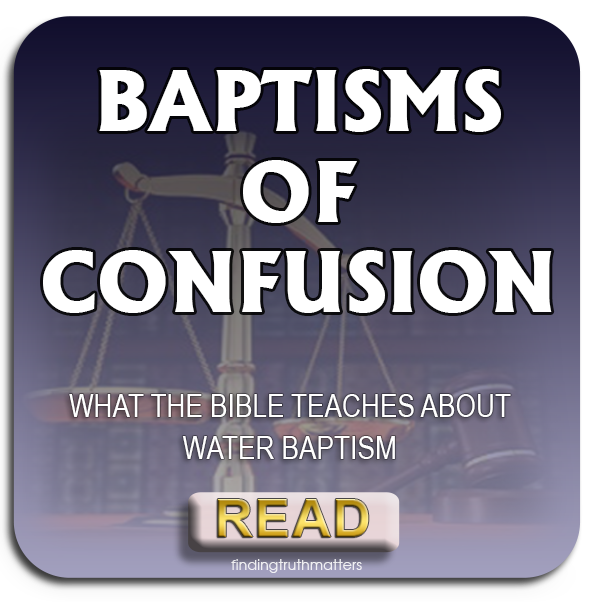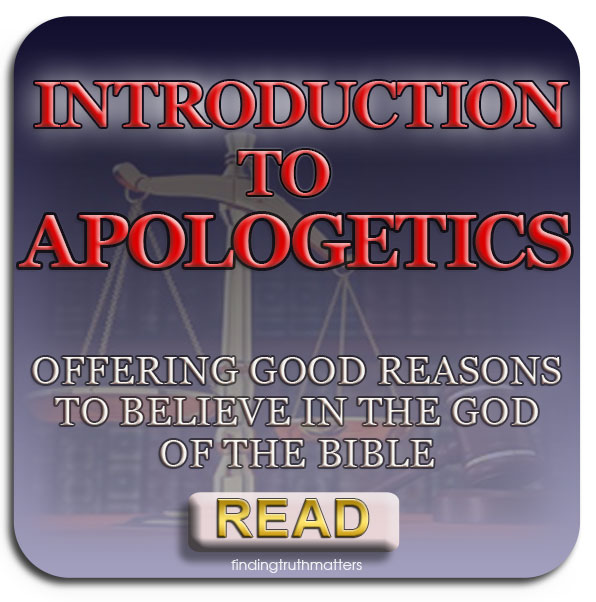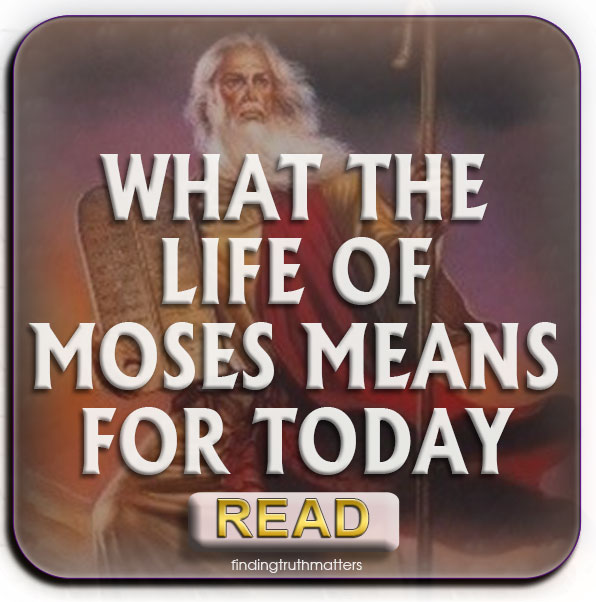
by Andrew Corbett | Dec 31, 2020 | Theology
In Matthew 28:18-19 it is Trinitarian (“in the name of the Father, the Son and the Holy Spirit”), but in the Acts of the Apostles, it is in the name of Jesus. I remember in my youth about hearing of a group of Pentecostals who made this the touch-stone of whether someone was baptised correctly or not. Today there are “Jesus-Only” groups who insist that what appears to be a Trinitarian formula is actually code for “Lord (The Father) Jesus (The Son) Christ (The Holy Spirit)”, which is why, they appeal, the Trinitarian version is no where used in the Book of Acts. In a culture steeped in legalism and superstition, my answer failed to connect with my audience. I left frustrated feeling that I had failed to adequately explain what the Bible teaches about water baptism. I am therefore writing with a sense that I wish I could have conveyed these thoughts in the language of my Indian friends to their satisfaction so that they could see that the Bible does not present a mixed message about Baptism.

by Andrew Corbett | Jun 3, 2020 | Apologetics
home > articles > apologetics > Introduction To Apologetics Part 1 Introduction To Apologetics By Dr. Andrew Corbett The ‘Modern’ age, also known as the ‘Industrial’ age began in the 1800s with the development of manufacturing technologies. This age was...

by Andrew Corbett | Sep 30, 2019 | Apologetics
Doubt is not incompatible with Christianity. Honest doubt actually leads to exploration and investigation of truth-claims which is a necessary step toward discovering the truth. One of the most doubtful claims of Christianity is that its central source of teaching, the Bible, is divinely inspired and without error. If it is the case that the Bible is not divinely inspired or without error, then Christianity is false and without foundation.
The relationship between Christianity and the Bible is difficult to overstate. Conversely, the level of doubt that many have about Christianity is ironically often due to similar levels of doubt about the Bible! Christians believe that the Bible is the divinely inspired Word from God to mankind. Because it is divinely inspired, Christians therefore believe that the Bible is inerrant (without error). Sceptics, however, scoff at these beliefs and question how anyone could believe a man was made from dirt, or how another man took two of every kind of animals onto an ark as the world was flooded, or how someone defied a world Emperor by summoning a plague of flies!

by Andrew Corbett | Aug 17, 2019 | Public_Policy
It seems that the Christian response to the claim of rapid climate change is polarised between the extremes of outright denial on the one hand and apocalyptic alarm on the other. And these responses often have more to do with theological biases rather than real science.
DENIAL…
There are a large number of Evangelical Christians who simply reject the claim that the Globe is unusually warming. Their denials often downplay the cries of scientists alarmed about the current global warming trends. These Christians scoff at such alarmism and dismiss these weather patterns as merely normal cyclical trends that have carried on this way for centuries if not millennia.

by Andrew Corbett | Aug 6, 2019 | Biographical
The Biblical account of the life of Moses is one of the most prominent in the Scriptures. His life, his work, and his impact is unparalleled in the Old Testament. There is much encouragement to be drawn from the life of Moses for the believer today because he was someone who met God, felt disappointed with God, let God down, but became known as the friend of God who was privileged to talk with God face-to-face.
Moses had failed. In Stephen’s words, he had “supposed” (NLT=”assumed”) that the Hebrews knew he was to be their deliverer (Acts 7:25) when he murdered an Egyptian. But instead, the Hebrews had scoffed at his pretense of being their deliverer. Dejected and rejected he retreated. Moses had jeopardised the redemptive plan of God by his mis-timed murderous outburst. His forty years in the wilderness was a time of going some way to validating the defective proverb- time heals all wounds.





